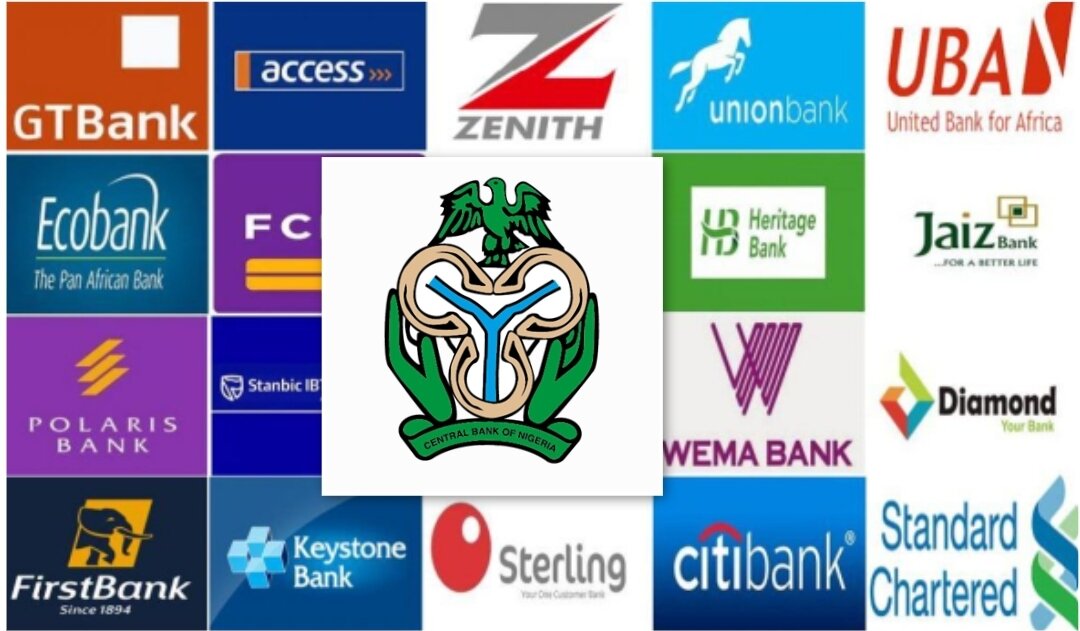As one of Africa’s largest economies, Nigeria boasts a vibrant and rapidly evolving financial sector. From traditional banks to innovative fintech startups, a diverse array of companies operates in finance, shaping the country’s economic landscape and driving financial inclusion. In this comprehensive guide, we’ll explore the prominent players in Nigeria’s finance industry, shedding light on their specialties, services, and contributions to the nation’s financial ecosystem.
Finance Companies in Nigeria:
Zenith Bank Plc
Website: www.zenithbank.com
Contact: +234-1-2787000
Guaranty Trust Bank Plc (GTBank)
Website: www.gtbank.com
Contact: +234-1-4480000
Access Bank Plc
Website: www.accessbankplc.com
Contact: +234-1-2798800
United Bank for Africa Plc (UBA)
Website: www.ubagroup.com
Contact: +234-1-2808822
First Bank of Nigeria Limited
Website: www.firstbanknigeria.com
Contact: +234-1-9052326
Fidelity Bank Plc
Website: www.fidelitybank.ng
Contact: +234-1-4485252
Stanbic IBTC Holdings Plc
Website: www.stanbicibtcbank.com
Contact: +234-1-4222222
Ecobank Nigeria Plc
Website: www.ecobank.com/ng
Contact: +234-1-2700500
Union Bank of Nigeria Plc
Website: www.unionbankng.com
Contact: +234-1-2716816
Sterling Bank Plc
Website: www.sterling.ng
Contact: +234-1-4484481
These companies represent a diverse spectrum of financial services providers in Nigeria, encompassing banking, investment banking, asset management, fintech, and more. They cater to the economic needs of individuals, businesses, and institutional clients across various sectors of the economy.
Zenith Bank Plc, Guaranty Trust Bank Plc (GTBank), Access Bank Plc, United Bank for Africa Plc (UBA), and First Bank of Nigeria Limited are among the largest commercial banks in Nigeria. They offer a wide range of banking products and services, including retail banking, corporate banking, investment banking, and digital banking solutions.
Fidelity Bank Plc, Stanbic IBTC Holdings Plc, Ecobank Nigeria Plc, Union Bank of Nigeria Plc, and Sterling Bank Plc also play significant roles in Nigeria’s financial sector, providing innovative financial solutions, investment advisory services, and wealth management products.
In addition to traditional banks, Nigeria’s finance industry is witnessing the rise of fintech startups and digital banking platforms, such as Paystack, Flutterwave, and Carbon (formerly Pay Later), revolutionizing payment processing, lending, and financial inclusion in the country.
Conclusion:
Nigeria’s finance industry is characterized by diverse companies offering a wide range of financial products and services to meet the evolving needs of consumers, businesses, and institutional clients. From traditional banks to innovative fintech startups, these companies play integral roles in driving economic growth, promoting financial inclusion, and fostering innovation in Nigeria’s financial sector.
By understanding the specialties and offerings of these finance companies, individuals and businesses can make informed decisions and leverage the financial tools and services that best suit their needs. Whether it’s accessing banking services, securing loans, or making investments, Nigeria’s finance industry offers many opportunities for those seeking to navigate the country’s financial landscape.
